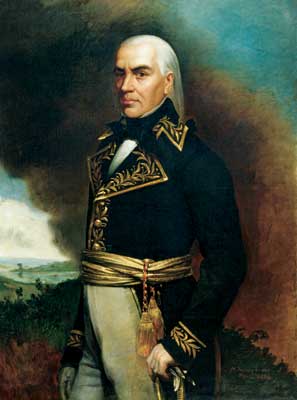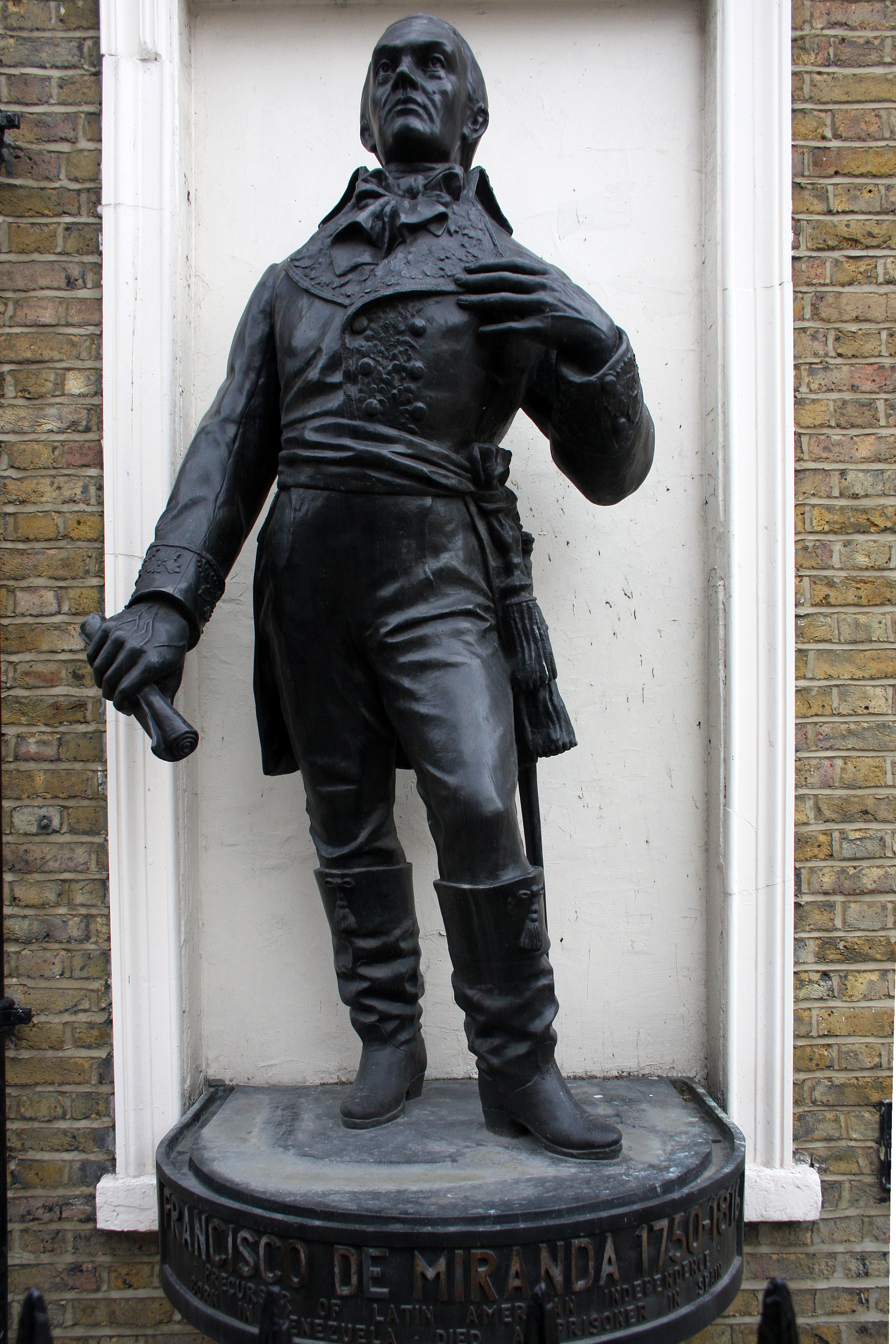
Some will say: both have gorgeous landscapes, both have oil...well, there is something else: Norway and Venezuela are complete non-average countries, both are out of the pack when it comes to control of corruption and rule of the law: according to World Bank's latest report on governance, Norway and Venezuela are on the extremes. The sad thing is that Venezuela is not in the good extreme, but in the bad one and that all the time. So, Norway is in the top 90th-100th percentile for both control of corruption and rule of law whereas Venezuela is also heading the list...bottom up approach.
If you want to check it out, please, go here and then select several countries, including Venezuela and Norway and then select the indicators Control of Corruption and Rule of Law. Venezuela is way below most African or Latin American countries or all the rest and Norway is over them almost all the time.
You can also take a look at the "progress" throughout more than a decade.
How come Venezuelans cannot put their act together? How come we keep sinking in corruption and injustice?
- Norway has had a superior education system for ages whereas Venezuela has one of the worst in Latin America and its quality has been degrading for decades. The Venezuelan government even refuses to take part in open international evaluation schemes as almost all South American countries do.
- Norwegians are not afraid of transparency and accountability, whereas Venezuelans abhor it.
- Norwegians are used to open debates whereas Venezuelans aren't at all.
- Norwegians learn from history but also look into the future, while Venezuelans keep repeating their history without having a real knowledge of it. They do so as they keep living the hic et nunc.
- Norwegians have a responsible parliamentarian system and in general a government with independent bodies, checks and counter-checks, whereas Venezuela has always been ruled by caudillos where the winner takes all.
These are just some generalizations and there are good things in which Venezuelans excel, but at this moment we need to ask ourselves: What can we learn from the others? What can we learn from our errors so far?
------------------------------------
Addendum:
Wikipedia reports this on education in Norway: "In 1736 training in reading was made compulsory for all children, but was not effective until some years later."
"Some years later". They don't specify further but I am sure it did not take that much.
Venezuela actually had compulsory education in theory from 1870 onwards, but the Encyclopaedia Britannica of 1911 would say this:
In popular education Venezuela has done almost nothing worthy of record. As in Chile, Peru and Colombia, the ruling classes and the Church have taken little interest in the education of the Indians and mestizos. Venezuela, it is true, has a comprehensive public instruction law, and attendance at the public schools is both gratuitous and nominally compulsory. But outside the cities, towns and large villages near the coast there are no schools and no teachers, nor has the government done anything to provide them. This law has been in force since about 1870, but on the 30th of June 1908 there were only 1150 public schools in the republic with a total enrolment of 35,777 pupils. There are a number of parochial and conventual schools, the church being hostile to the public-school system. An overwhelming majority of the people is illiterate and is practically unconscious of the defect. In 1908 the educational facilities provided by the republic, not including some private subventioned schools, were two universities and thirtythree national colleges. The universities are at Caracas and Merida, the latter known as the Universidad de los Andes. "Actually, my dad studied as a child under a mango tree in his village with a teacher who taught all children in the village who wanted and that was in the forties of the XX century. Things haven't improved much, as quality now is still the worst in Latin America and the Venezuelan government rejects any kind of transparency and open dialogue on how to improve education Now Venezuelan children spend a lot of time in school learning things by heart...when there are classes.









